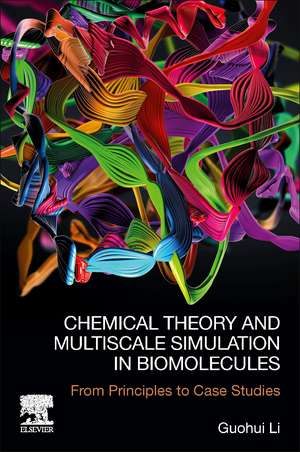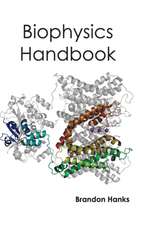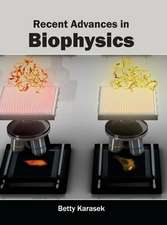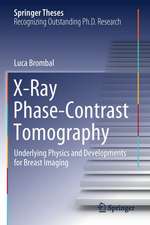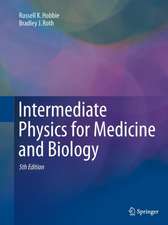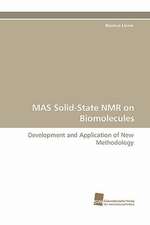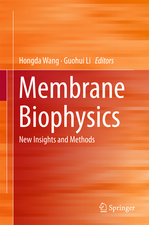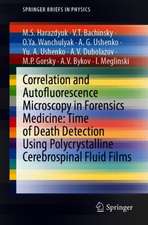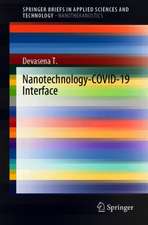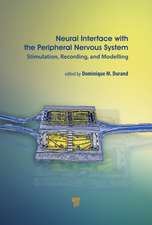Chemical Theory and Multiscale Simulation in Biomolecules: From Principles to Case Studies
Autor Guohui Lien Limba Engleză Paperback – 27 mar 2024
This book is a practical guide for new learners, supporting them in learning and applying molecular modeling in practice, whilst also providing more experienced readers with the knowledge needed to gain a deep understanding of the theoretical background behind key methods.
- Presents computational theory alongside case studies to help readers understand the use of simulation in practice
- Includes extensive examples of different types of simulation methods and approaches to result analysis
- Provides an overview of the current academic frontier and research challenges, encouraging creativity and directing attention to current problems
Preț: 955.37 lei
Preț vechi: 1254.15 lei
-24% Nou
Puncte Express: 1433
Preț estimativ în valută:
182.83€ • 190.18$ • 150.94£
182.83€ • 190.18$ • 150.94£
Carte tipărită la comandă
Livrare economică 07-21 aprilie
Livrare express 07-13 martie pentru 103.50 lei
Preluare comenzi: 021 569.72.76
Specificații
ISBN-13: 9780323959179
ISBN-10: 0323959172
Pagini: 398
Dimensiuni: 152 x 229 x 28 mm
Greutate: 0.45 kg
Editura: ELSEVIER SCIENCE
ISBN-10: 0323959172
Pagini: 398
Dimensiuni: 152 x 229 x 28 mm
Greutate: 0.45 kg
Editura: ELSEVIER SCIENCE
Cuprins
1. Introduction
Part I Basic knowledge2. Molecular Mechanics and force field3. Quantum Chemistry Theory4. Machine Learning
Part II Methods and Approaches5. Monte Carlo and Molecular Dynamics6. Control and adjustment of simulation conditions7. Multiscale Model8. Enhanced sampling9. Software and Hardware
Part III Applications and case studies10. Protein folding and structure prediction11. RNA folding and structure prediction12. Enzyme catalysis13. Post-translational modification of proteins14. Regulation of small molecule on proteins15. Recognition of protein with nucleic acid16. Dynamics and functions of membrane proteins17. Assembly and functions of multiple components complex18. Protein and small molecule design
Part IV Future directions and perspectives
Part I Basic knowledge2. Molecular Mechanics and force field3. Quantum Chemistry Theory4. Machine Learning
Part II Methods and Approaches5. Monte Carlo and Molecular Dynamics6. Control and adjustment of simulation conditions7. Multiscale Model8. Enhanced sampling9. Software and Hardware
Part III Applications and case studies10. Protein folding and structure prediction11. RNA folding and structure prediction12. Enzyme catalysis13. Post-translational modification of proteins14. Regulation of small molecule on proteins15. Recognition of protein with nucleic acid16. Dynamics and functions of membrane proteins17. Assembly and functions of multiple components complex18. Protein and small molecule design
Part IV Future directions and perspectives
